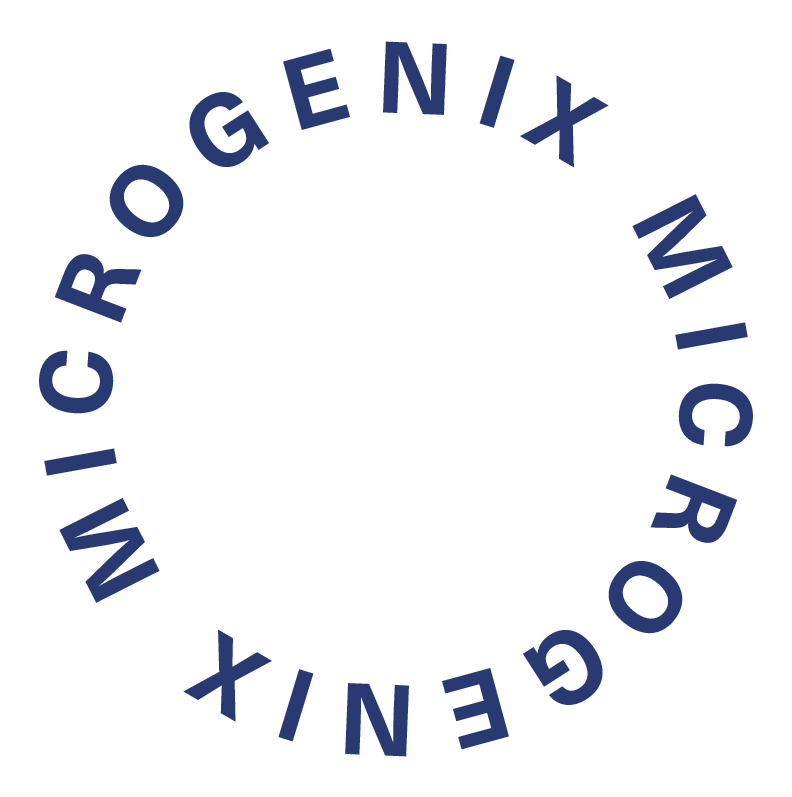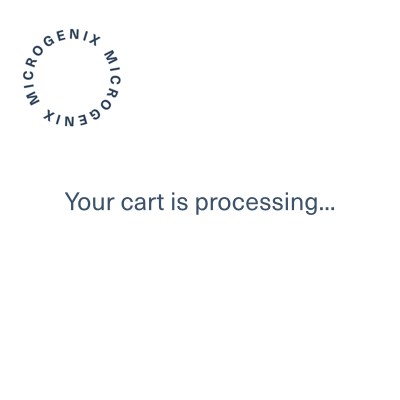Blog
Gen Z Leaving Alcoholism Behind: Gen Z Embraces Mindful Alternatives, Shifting Away from Liquor Consumption Compared to Millennials.
For individuals born between the late 90’s and early 2010’s, it seems that alcoholism might be inching away from the limelight.
Recent studies show alcohol consumption among the Gen Z population is now seeing a steady decrease for the first time in years, with A report by Berenberg Research finding the Gen Z population to drink an impressive 20% less per capita than their senior generation, Millennials.
The decline is thought to be attributed to the young population’s increasing interest in health and wellness. Experts now suggest that the Gen Z population might be more inclined to explore alternative substances, such psychedelics, in order to boost their social stamina without experiencing the negative effects of hangovers and other health risks associated with recreational drinking.
Given the upswing of discussions regarding psychedelic substances and their therapeutic effects, the rising appeal facing the once “taboo” realm of substances may be actively showcasing the uprising of a progressive, more intentional age.
Though the negative effects and consequences of liquor consumption is no new discovery, the Gen Z population seems to possess a heightened awareness on the subject. Mental health is a highly significant and widely discussed topic among Gen Z individuals, valuing the importance of mental well-being in a high-pressure, fast-paced society
You only need to know a little bit about alcohol to realize its detrimental impact on mental health. Regular alcohol consumption is known to cause significant alterations in brain chemistry, supporting the development of mental health conditions such as depression and anxiety. The initial numbing effects of the substance can quickly mask underlying emotional issues, making it a highly addictive substance that triggers a vicious cycle all too common in today’s society.
An impressive number of Gen Z individuals put in the work in order to achieve self-betterment, such as physical activity, supplementation, and therapy. In addition, the desire to cut out or slow down alcohol consumption seems to fit well in the blueprint toward achieving optimal wellness, especially given the new options within our reach today.
A substance like psilocybin was never really thought-of as being a viable alcohol replacement until recent years, as news headlines and social media platforms highlight the feel-good, not-so-frightening effects of magic mushrooms when taken in modest doses. In prior generations, the act of taking magic mushrooms most often correlated with tripping balls in your friend’s basement, which although you can still do that, the nature of the substance has changed substantially as a result of new products and education sources that allow you to be in total control of your desired experience.
Psilocybin in low amounts can provide feelings of warmth and connection without all the entheogenic hallucinations and other trippy effects that might make being at a bar a little uncomfortable. The effects of mushrooms can still lead to alterations in brain chemistry, though the fundamental differences between mushrooms and alcohol in terms of how they affect the brain are pretty much incomparable when we take into account the long-term effects of each. While one might be consequential, the other might actually do more good than harm when consumed intentionally.
We might factor the economy into this change also, as liquor prices in Canada hit staggering numbers that are simply unaffordable for most individuals in the age category. Substances like mushrooms and marijuana, although expensive too in their own right, seem substantially more affordable in comparison.
The term “hangxiety” is a new buzzword of the season, referring to the debilitating anxiety and sadness faced the morning following a night of heavy drinking. These uncomfortable feelings may occur as a result of the depressant effects of alcohol, including negative serotonin and GABA fluctuations that take a toll on the brain. A large factor of hangxiety is also the feelings of regret and shame that arrive after a night of impaired judgment and high inhibitions that cause us to do/say things we wouldn’t normally do in sobriety.
With experts now claiming there is actually no safe level of alcohol consumption in terms of facing alcohol-related consequences, the idea of opting for a nature-derived alternative such as marijuana or psilocybin is beginning to make all the more sense in the approach toward intentional, safe, positive party culture.
Yours,
Olive




